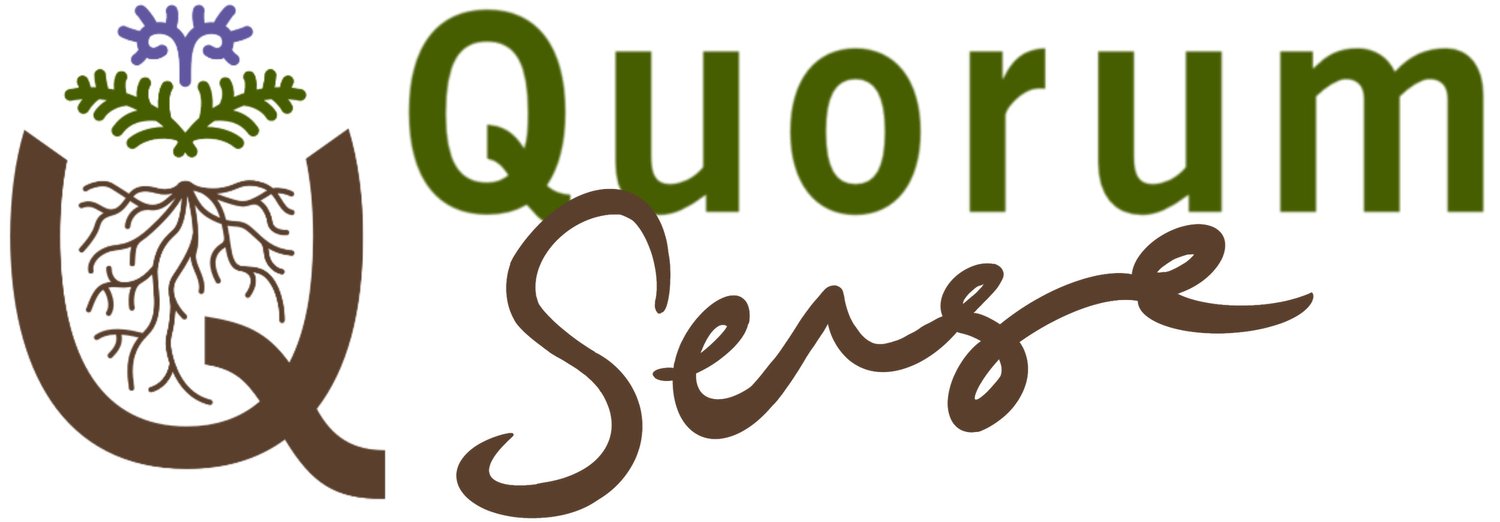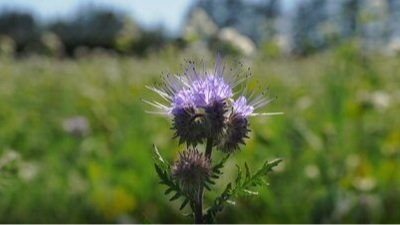Introducing Greystone Wines and Holdaway vineyard
Greystone Wines is a large family-owned and operated vineyard in Marlborough producing high quality Sauvignon blanc. The Holdaway vineyard a smaller vertically integrated vineyard in the Waipara hills producing a diversity of organic wines.
More on Greystone Wines and the Holdaway vineyard
Greystone Wines: Integrating farm, vineyard and winery
Greystone Wines is a vertically integrated farm, vineyard and winery in Waipara, North Canterbury. The vineyard was established in 2004 and has grown over time. Their organic transition began in 2015 and created some production and erosion challenges. This helped sparked interest in how regenerative principles and practices could support the growing system.
Quick Facts:
Area: 185ha (50ha under vines)
Soils: Limestone hills and clay flats
Grapes: Savingnon Blanc, Pinot Noir, Pinot Gris, Chardonnay, Riesling, Gewurtztraminer, Syrah, Pinotage
Row spacing: 2.0m, 2.5m & 3.0m
Irrigation: 100% (recently planted blocks are subsurface irrigated)
Staff: 4 FTE in vineyard plus casuals/contractors (25 FTE across whole business)
Marketing: 100% processed, bottled and sold under Greystone and Muddy Water labels.
Holdaway vineyard: Sap testing and foliar nutrition
The Holdaway family are now fifth generation farmers in the Lower Wairau valley in Marlborough (5 mins from Blenheim township). The land, farmed by the Holdaways since 1864, has been through a succession of sheep & beef, arable, dairy and orchard land uses. The first vines were planted in 1980 and the land is now 100% viticulture. A long term focus on sustainable production has ramped up in the last five years as the family have rapidly adapted regenerative principles and practices into their growing system.
Quick Facts:
Area: 182ha
Soils: Silt loam (with water table 2-3m below ground)
Grapes: Sauvignon Blanc (97%), Pinot Noir (3%)
Row spacing: 3m rows with 1.8-2.4m between vines
Irrigation: 25% (mainly for managing salinity)
Staff: 7 FTE plus contract labour
Marketing: 20% sold under own lables Holdaway Estate, Lowlands, Pretty Paddock and Mt Impey labels. 60% sold as bulk wine, 20% sold as grapes.
Production data
Benchmarking can be a useful way to identify opportunities and we hope this gives other growers some hard numbers to compare and contrast. There was little regional benchmarking data available for Waipara (Greystone) so we have included mostly national averages, which may not be valuable considering the huge variation of growing climates and varieties across the country.
*Note: The Greystone (sheep) scenario is a projection of tractor passes, diesel usage and emissions once they achieve year-round sheep integration.
Related content on: management
Disclaimer: The information, opinions and ideas presented in this content is for information purposes only and does not constitute professional advice. Any reliance on the content provided is done at your own risk. (click here to view full disclaimer).









